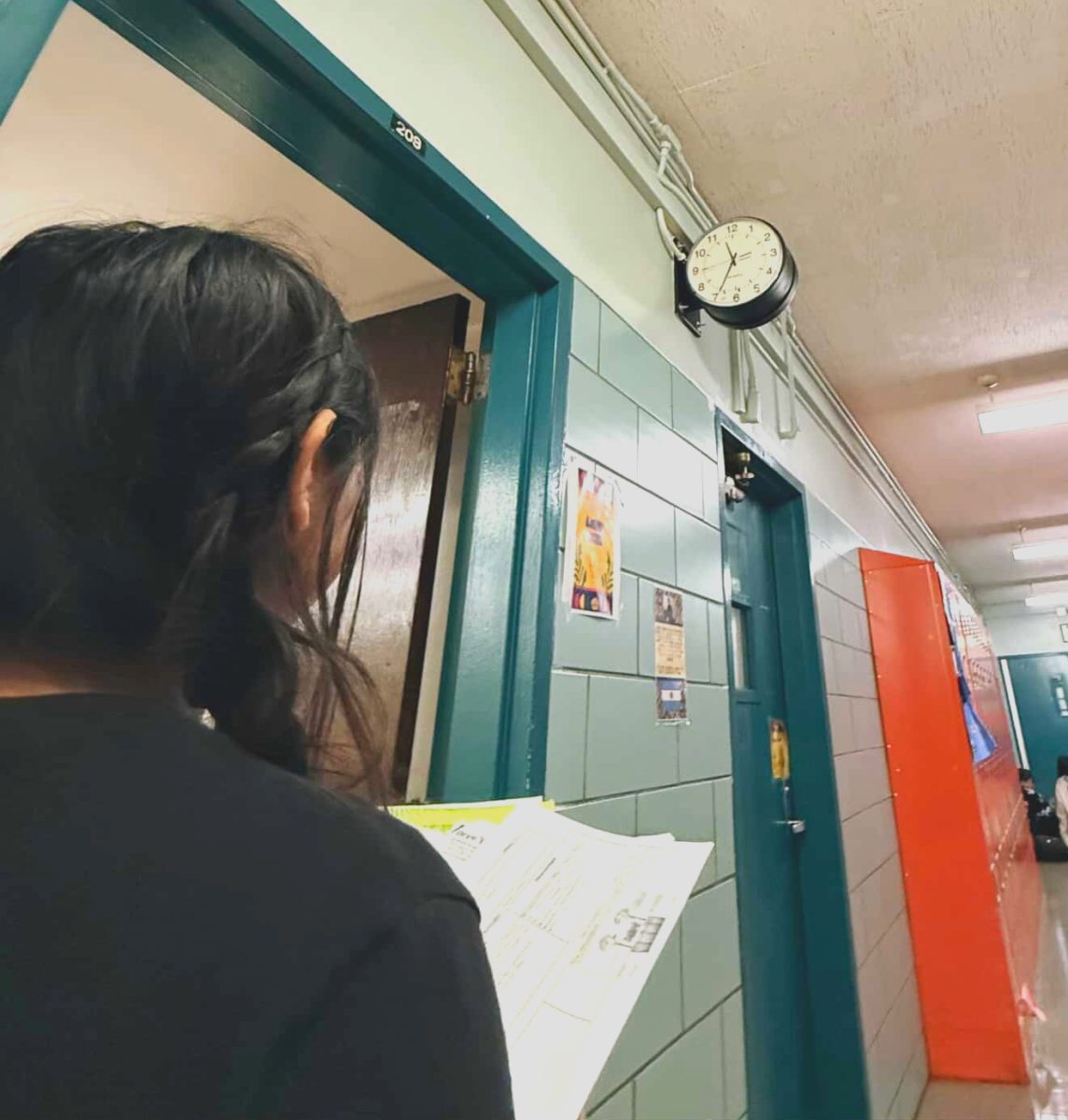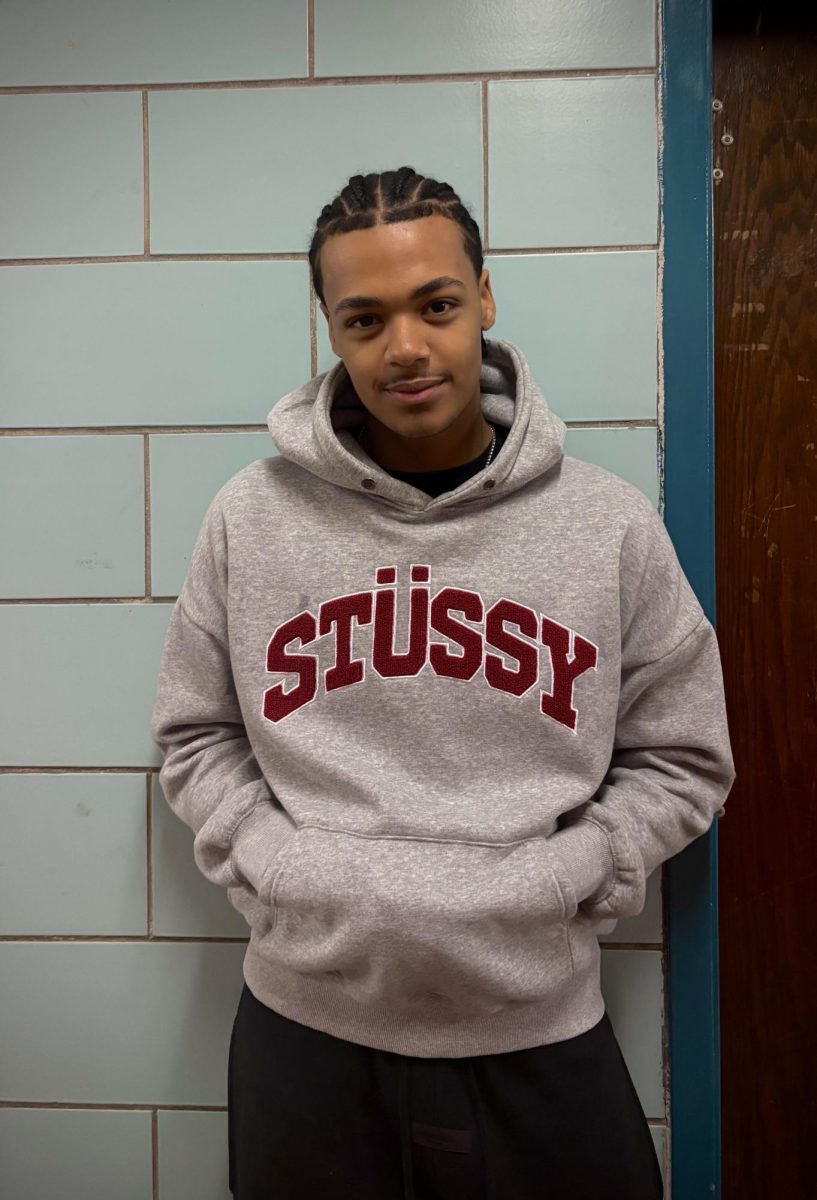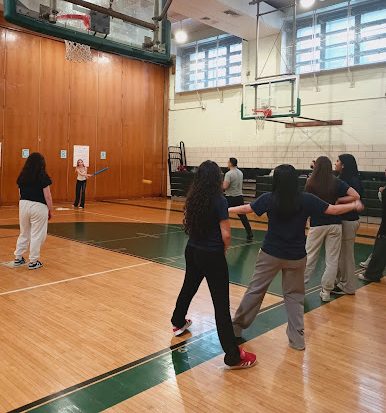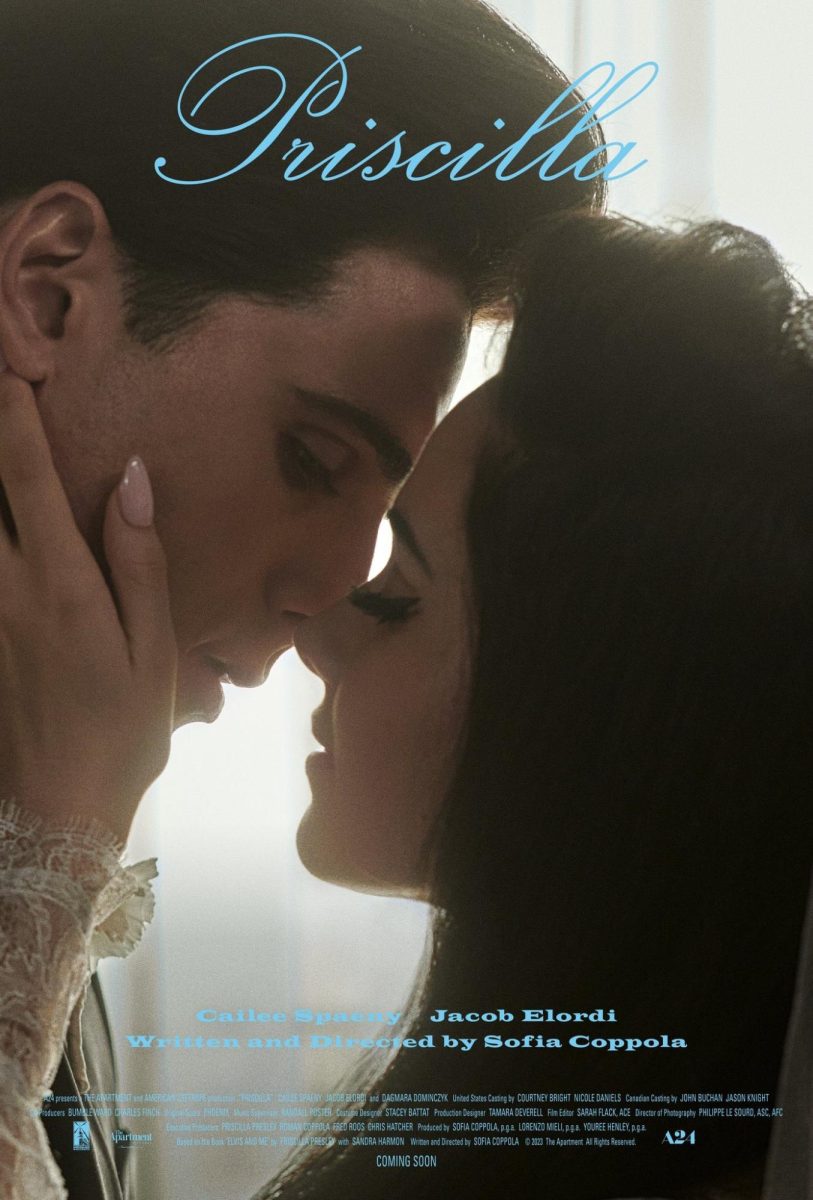Two Elvis Presley biopics in two years? Not quite. Sofia Coppola’s eighth film, Priscilla, was released by the entertainment company A24 this October. The movie follows an alternative route that most music biopics tend to ignore. This lens digs deeper into Priscilla’s personal relationship with Elvis while also keeping up with themes of social status, teenage angst and female adolescence.
Priscilla director Sofia Coppola emerged from her famous father, Francis Ford Coppola’s, shadow, becoming her self-standing filmmaker, so it’s easy to see why she channeled her efforts into shining light on Priscilla’s story. Priscilla Presley also served as an executive producer for the film, working closely with both Coppola and the cast.
Elvis’ embodiment of all things Americana, and his presence in pop culture radiates, even decades past his reign. But, in this film, his depiction is much more truthful and humanizing. The movie opens in 1959 when a 14-year-old Priscilla (Cailee Spaeny) is granted the opportunity to meet the man already so worshiped by the defiant youth of the 1950s. Their brief relationship is put on hold when Elvis (Jacob Elordi) goes on his tour of duty, but their mutual infatuation is already apparent. Pricilla is enchanted and even brainwashed by his fame, saving his letters and waiting years until she can see him again. However, even within her impressionable teenage mindset, she quickly becomes skeptical of his faithfulness to her.
When Elvis returns, Priscilla moves in with him and instantly begins to lose power in their relationship. She leaves her friends and family to live in Graceland, surrounded by Elvis’ like-minded, rockabilly entourage. The other women in the house consist of various servants and Elvis’ grandmother, whom Priscilla soon joins as his emotional caregiver.
Her impotence in their turbulent relationship is shown in scenes such as when Elvis, clearly dissatisfied with his own work, asks Priscilla for her opinion on his new record. When Priscilla reluctantly suggests that it’s missing the “catchiness” his other songs have, Elvis erratically hurls a chair at the wall of the recording studio, just missing her.
Another scene shows Priscilla graduating from high school and asking Elvis to wait outside because his presence will turn everybody’s attention away from the graduates. Elvis agrees to this request, but Priscilla continues to remain overshadowed and objectified, growing tired from trying on different dresses to be critiqued by him and his cronies, and frequently confronting him of his latest suspected affair, which he always dismisses.
Throughout all of this, Priscilla is forced to put on a cheerful smile and stand by his side. The press captures a flawless image: young, American love, while in reality, Pricilla is wrecked, attempting to put up with Elvis’ constant mood swings and demanding drug addiction. This is most prominent when Elvis asks for a pause in their marriage while Priscilla is pregnant. Although he quickly rescinds this proposal, he makes no change to his destructive habits. Later, when Priscilla goes into labor, she has to apply makeup, pick out an outfit and prepare her hair before going to the hospital, all to maintain her presentation as wife of The King.
From this point on, Priscilla grows numb to Elvis’ deceiving charm and is exhausted by his relentlessly worsening drug problem, all destroying her chances of obtaining any sort of personal life. The film ends with Priscilla calmly and firmly leaving a disoriented and puzzled Elvis, driving off into the sunset with their baby.
Priscilla summarizes growth and decay, illustrating her slow and steady discovery of individuality and independence while simultaneously showcasing how Elvis’ detrimental habits and power lose grip on her, contributing to his own self-destructiveness. Although the film might be interpreted as defamation of the rock and roll icon, Sofia Coppola captures Priscilla’s search for a freedom she didn’t know she had.
Overall, we recommend giving the film a watch. Priscilla is an entertaining and realistic account of suppression and self-discovery, with vivid performances from Spaeny and Elordi, adding another gem to Sofia Coppola’s strong filmography.



























